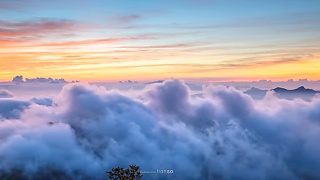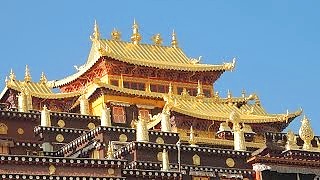Hángzhōu lies in ZheJiang province
[640],shadow=true,start=105,stop=Hangzhou, located in eastern China's Zhejiang province, is renowned for its picturesque West Lake, traditional tea culture, and historic sites. Here's a guide for tourists visiting Hangzhou:
West Lake and Scenic Areas:
West Lake (Xi Hu): This UNESCO World Heritage Site is the centerpiece of Hangzhou's natural beauty, with its serene waters, pagodas, gardens, and surrounding hills. Visitors can take boat cruises, stroll along the lakeside paths, or rent bicycles to explore the area.
Leifeng Pagoda: Situated on the southern shore of West Lake, this historic pagoda offers panoramic views of the lake and the city skyline.
Lingyin Temple (Temple of the Soul's Retreat): One of the most important Buddhist temples in China, Lingyin Temple features ancient rock carvings, serene courtyards, and a large statue of Buddha.
Xixi Wetland Park: Explore the tranquil waterways, traditional villages, and lush greenery of this scenic wetland park, located on the outskirts of Hangzhou.
Tea Culture:
Longjing (Dragon Well) Tea Plantations: Hangzhou is famous for producing Longjing tea, one of China's most prized green teas. Visitors can tour the tea plantations in the nearby hills, learn about the tea-making process, and sample freshly brewed Longjing tea.
National Tea Museum: Learn about the history, cultivation, and cultural significance of tea in China at this informative museum located on the outskirts of Hangzhou.
Historic and Cultural Sites:
Six Harmonies Pagoda (Liuhe Pagoda): This ancient pagoda offers panoramic views of the Qiantang River and the surrounding countryside. It also houses a small museum showcasing Buddhist artifacts.
Hefang Street (Qinghefang Ancient Street): Stroll along this historic street lined with traditional shops, teahouses, and snack stalls selling local delicacies and handicrafts.
China National Silk Museum: Discover the art of silk production and the history of the silk trade in China at this museum, which features exhibits on silk weaving, dyeing techniques, and cultural artifacts.
Modern Attractions:
Hangzhou Grand Canal: Take a boat cruise along the Grand Canal, the world's longest and oldest canal, to admire the historic architecture and bustling waterfront scenes.
Hangzhou CBD (Central Business District): Explore the modern side of Hangzhou with its skyscrapers, shopping malls, and vibrant nightlife.
Practical Tips:
Transportation: Hangzhou has an extensive public transportation network, including buses, subways, and taxis. Bicycles and electric scooters are also popular options for getting around the city.
Weather: Hangzhou has a humid subtropical climate with hot, humid summers and mild, damp winters. Spring and autumn are the best times to visit when the weather is pleasant and the landscapes are at their most beautiful.
Language: Mandarin Chinese is the official language, but English may not be widely spoken outside of tourist areas. It's helpful to learn a few basic phrases or carry a translation app.
Hangzhou's blend of natural beauty, cultural heritage, and modern amenities makes it a captivating destination for tourists. Whether you're exploring historic sites, indulging in tea culture, or simply enjoying the tranquility of West Lake, Hangzhou offers a memorable experience for visitors of all interests.

 The beauty of HangZhou 杭州 …
The beauty of HangZhou 杭州 …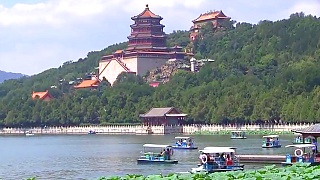
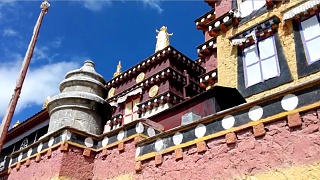

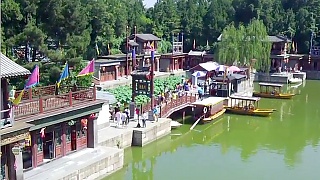
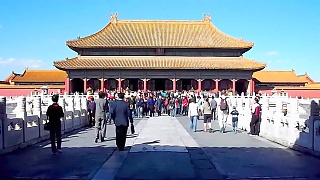



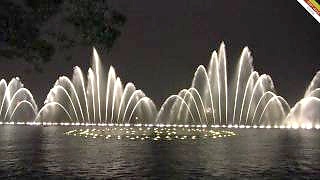


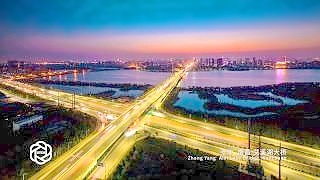
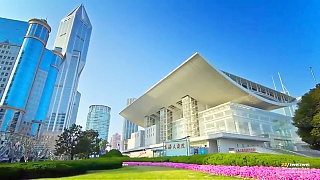
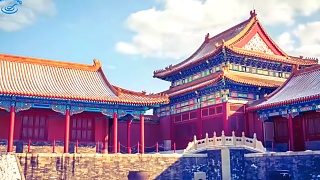


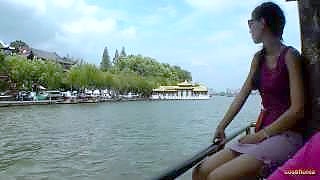


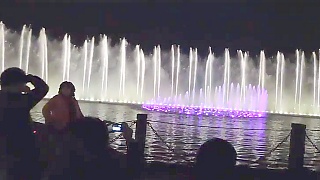



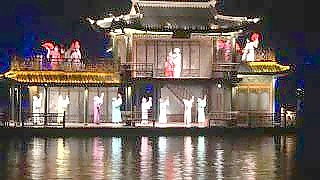

![With Time Walker ... `Shenzhen Library North is one of the first major cultural facilities of the new era built and completed in Shenzhen. It has a construction area of about 72,000 square meters, 6 floors above ground and 3 floors underground. It is designed to hold 8 million books and provide 2,500 seats. Its total investment is about 1. 2 billion yuan. The library is positioned as a large-scale comprehensive and intelligent library integrating document collection, national reading, social education, ideological exchange, cultural inheritance and creative creation. It not only has the functions of a public library, but also serves as the city`s document adjustment library and Shenzhen`s `City of Libraries` joint editing center, network data center and document allocation center. The library has many special libraries and interactive learning spaces, and has the largest underground intelligent three-dimensional library in the country, equipped with advanced facilities such as large-scale rapid sorting system, vertical track access system and electronic seeding wall system. As of July 2024, Shenzhen Library North was officially opened on December 28, 2023. After the opening, 6,000 reservations will be available in the public service area and 2,000 reservations will be available in the children`s area every day. Readers can submit a reservation for admission through the Shenzhen Library WeChat official account one day in advance, and present the reservation voucher to enter the venue after arriving at the library. The specific opening hours are from Tuesday to Sunday 9:00-21:00. The housekeeping is done on Mondays. The 1F Reading Hall is open from Monday to Sunday 7:00-23:00. Legal holidays will be notified separately. Location: Located at the intersection of Tenglong Road and Zhongmei Road in Longhua District. Transportation: • Subway: Take Line 4 or Line 6 to Hongshan Station and walk to the library in a few minutes. • Bus: There are many bus lines stopping nearby, such as [specify the specific bus number and stop]. Architectural Features: The exterior adopts a unique design similar to white fish scales, creating a visually stunning effect. The interior space is spacious, with a large atrium and elegant book walls. Opening hours: Open from 9:00 to 21:00 from Tuesday to Sunday. The 1F reading room is open from 7:00 to 23:00. Collection Features: The collection is rich and covers various fields and genres. There are rare and precious books, as well as newly published books to meet different interests. Exhibition Features: Regularly hold a variety of exhibitions, including art exhibitions, historical displays and cultural exhibitions, providing a rich visual and intellectual experience. When you visit: • Remember to make an appointment in advance through the Shenzhen Library WeChat official account. • Take your time to explore each floor and enjoy the peaceful reading atmosphere. ` The awesome ShenZhen Library North Branch](https://img.youtube.com/vi/4jP97cIHKUc/mqdefault.jpg)




